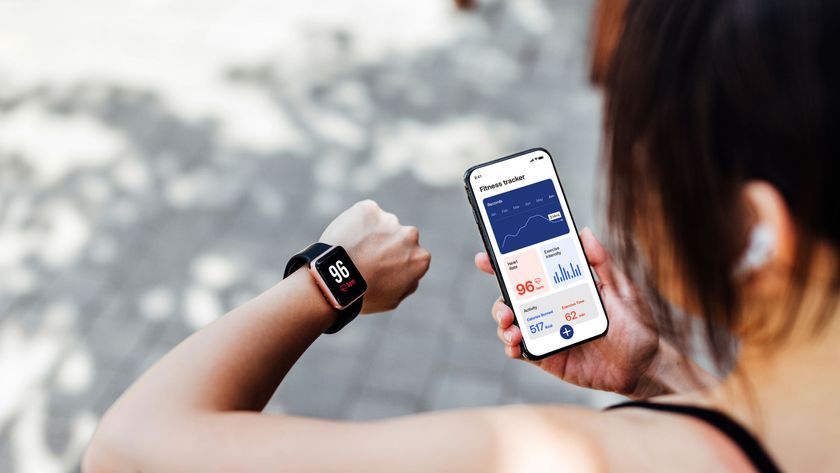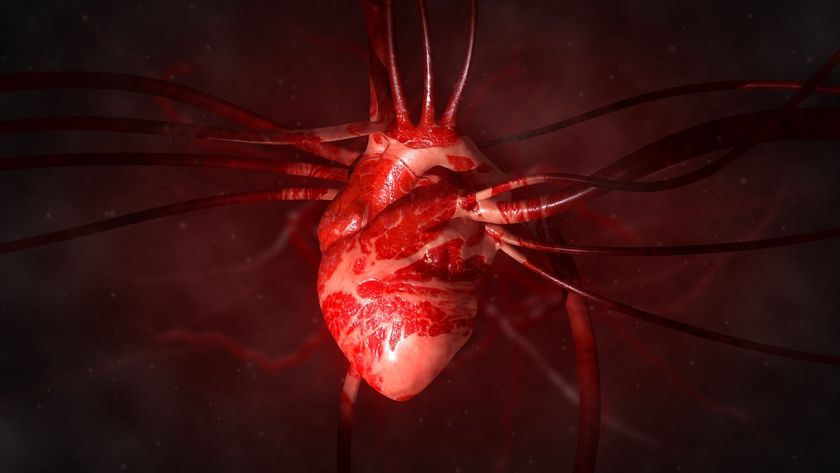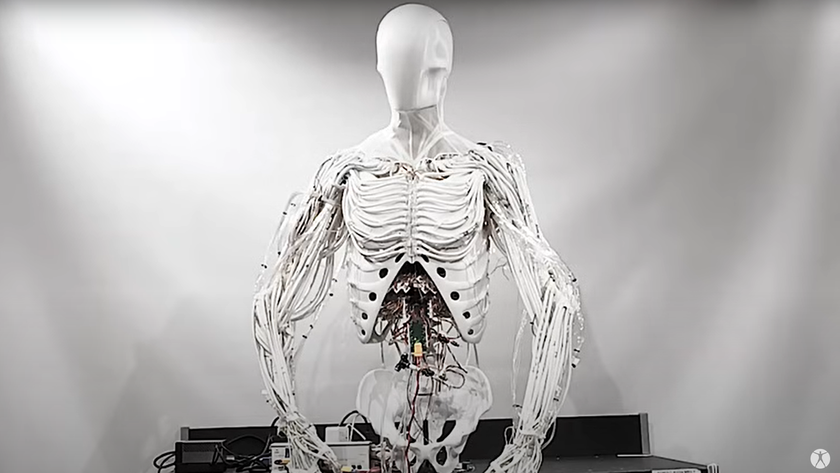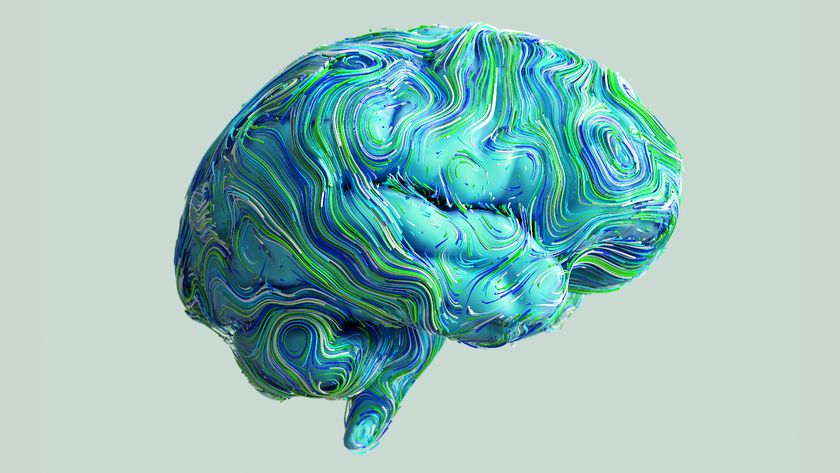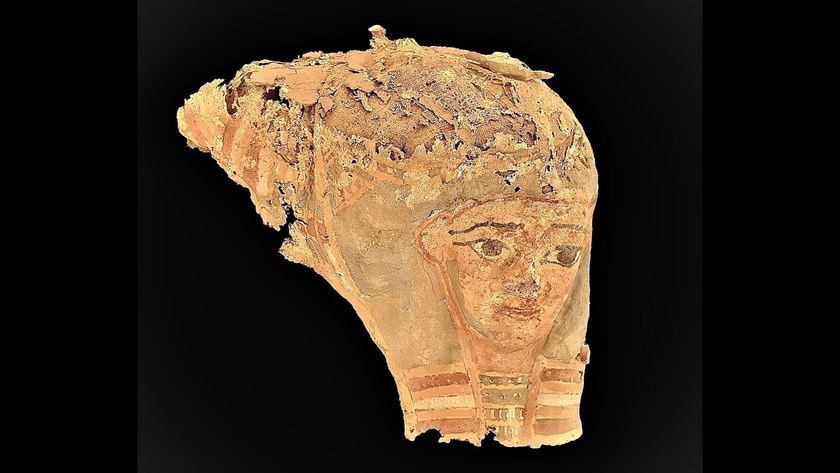7 Foods Your Heart Will Hate
Heart Attack Foods
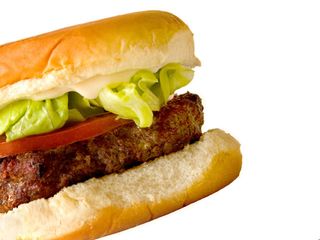
A heart attack results from a blockage in the flow of blood to the heart, causing heart cells to die. There are many causes, such as smoking, inactivity and a diet high in calories, sodium and saturated fats. Heart attacks are a leading cause of death for both men and women in the United States, and there are several ways to quicken your path to a heart attack.
Note that for optimum heart health an adult's daily diet should consists of roughly 2,000 calories, fewer than 1,500 milligrams of sodium, fewer than 16 grams of saturated fat and fewer than 300 milligrams of cholesterol. This list reveals foods that will get you all of that and more in just one meal. Don't be discouraged by nutrition labels. Foods boasting of zero trans-fat still might be loaded with saturated fats, so you might still be in luck. Also, these labels display information about one serving size, and the container might have several servings. So you might have the opportunity to double, triple or even quadruple those numbers.
Conversely, should you so desire, you could avoid the foods on this list to lower your risk of a heart attack.
Restaurant Appetizers
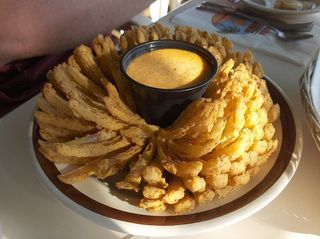
Appetizers used to mean just soup or salad. No more, heart attack fast-trackers! You can get a jump on your unhealthy meal these days with a variety of unhealthy appetizers. The infamous Aussie Cheese Fries from Outback Steakhouse tops many a "worst foods" list and likewise belongs in this group of best heart attack foods.
A small serving of Aussie Cheese Fries has 1,200 calories, 81 grams of fat (use a fork, or don't try to do any texting), 39 grams of saturated fat, and 1,500 mg of sodium — for starters, mind you. The "regular" serving with ranch dressing, perhaps meant to be shared, approaches 3,000 calories and 182 grams of fat.
Also consider a typical order of six chicken wings with dressing for an additional 1,000 calories and 50 grams of fat. Most appetizers or starters, aside from a non-creamy soup or simple salad with vinaigrette, will be the equivalent of a meal itself in terms of calorie, fat and sodium load.
Editor's note: To maximize the benefit of appetizers or any food in this list, keep smoking.
Healthy Restaurant Options
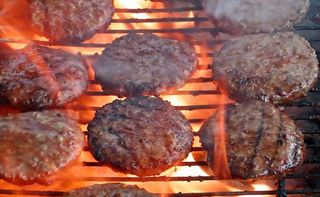
These make a surprising appearance on this list of heart attack foods. The reason is that many of these so-called healthy foods are only marginally healthier than their alternatives. Salads top the sublist of healthy foods gone bad. Consider the Grilled Steak Caesar Salad from Applebee's. It has nearly 1,300 calories, 2,200 mg of sodium, and more than 80 grams of fat (about two-thirds of total calories). Most restaurant salad-cum-meals are loaded with fat and salt.
Another favorite is the turkey burger. Make one at home, and you can keep a quarter-pounder under 250 calories and 8 grams of fat. Order a Mushroom Swiss Turkey Burger from Ruby Tuesday to get nearly 1,200 calories and over 70 grams of fat. Hold the onions! Onions contain sulfides that lower blood lipids and blood pressure and will only thwart your efforts to have a heart attack.
While there are unhealthier foods that will bring on that heart attack faster, "health" food makes this list, because it offers a false sense of security that might keep you from getting your cholesterol, blood pressure or blood lipid levels checked.
Chinese Food
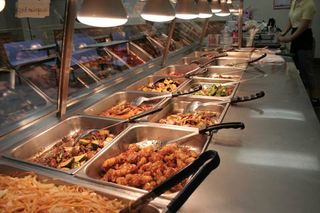
*Or perhaps more accurately, stuff sold in America that's called Chinese food, will put you on the fast track to a heart attack. High on your list needs to be P.F. Chang's Double Pan-Fried Noodles Combo. Accounts vary, but according to the Center for Science in the Public Interest, chefs somehow manage to cram in more than 1,800 calories and a phenomenal 7,500 mg of sodium (a five-day supply) in each serving. There are also 70 grams of fat, 13 grams of which are saturated. You'd have to eat about a dozen egg rolls to approach this convenient, heart-stopping dish.
If you want real Chinese food — that is, if you're abandoning your heart attack quest — and you can't afford to go to China, Taiwan, or San Francisco, then look for a Chinese restaurant in your area in which most of the clientele are Chinese-speaking. Otherwise, what you get consistently in classic dishes that don't exist in China, such as General Tso's chicken or sweet & sour whatever, is a full day's heaping helping of salt and saturated fat and 1,000-plus calories.
The same could be said about other varieties of ethnic food in America, such as Italian and Mexican. The originals are far healthier than the offspring. Yet Chinese food comes with the assumption of healthfulness because of the presence of vegetables.
KFC Original Recipe Chicken
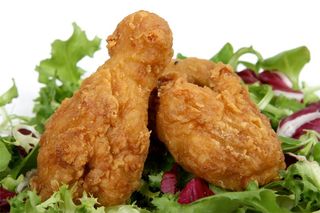
It turns out that bucket is translucent for a reason. One thigh has 25 grams of fat. And while a mere 320 calories per thigh seems skimpy, remember that you'll likely eat three or four or 10 ... and can opt for the 800-calorie potato salad. For efficiency, there's the Popcorn Chicken with its nearly 1,300 calories per serving and 80 grams of fat, 19 grams of which are saturated fat.
McDonald's ties KFC in the category of heart-stopping chicken products, however, with its Chicken McNuggets. The large serving contains 840 calories and 11 grams of saturated fat. Yet the bonus is in the dip, with the creamy ranch offering an additional 200 calories and 4 grams of saturated fat. And you can't beat one of the 1,000-calorie McDonald's shakes with 16 grams of saturated fat.
Deep-frying in general is a prime method to induce a heart attack. The oil used at fast-food restaurants and by street vendors tends to be cheap and becomes more and more saturated (and heart-stopping) with each re-using. Deep frying with certain shortenings produces trans-fats, which raise levels of bad cholesterol and lower levels of good cholesterol in the blood. Deep-frying starchy foods such as potatoes produces toxic compounds, such as acrylamide, although that's more of a shortcut to cancer, not a heart attack.
Pre-Made Meals from Supermarket
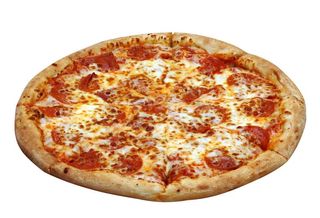
These are often as unhealthy as eating out at a fast-food joint. For the maximum health-stopping effect, avoid the salad bar.
You'd have to load up on dressings and sour cream here to do real damage. Instead reach for a Roasted Chicken Pot Pie from Pepperidge Farm. And don't be discouraged from the nutrition label. What you'll see is only for half a pie, and yet who eats half a pie? Double that label, and that's nearly 1,100 calories per pie, more than 60 grams of fat, and nearly 1,800 mg of sodium.
Most convenient food is conveniently heart-stopping, so your choices are many.
Hardee's Monster Thickburger
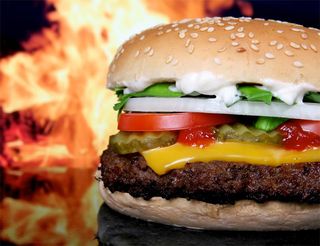
At first sight, this gargantuan burger may seem appropriate only for a boa constrictor or some other animal that can dislocate its jaws to consume it.
The burger contains two 1/3-pound patties of beef, four strips of bacon, three slices of gooey cheese, and mayonnaise on a buttered sesame seed bun. That adds up to 1,400 calories, 100 grams of fat (and more than 30 grams of saturated fat), 3,000 mg of sodium, and 210 mg of cholesterol. Although Hardee's scores points by going the extra mile with that buttered bun, they skimp on the saturated-fat-laden palm oil.
Also, you'd likely need to burn a few calories to find a Hardee's restaurant in your city. Otherwise, this burger would have topped the heart attack food list.
Kid's Meals
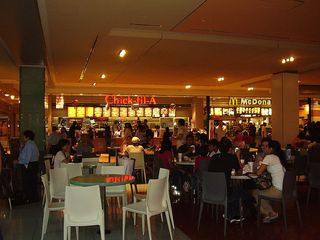
These should top any sane list of heart-attack-inducing foods. But the slightly smaller portion sizes make these meals a less desirable option if you, as an adult, are hoping for a heart attack sooner rather than later. For a child, however, this would be an ideal way to reach the heart attack goal by age 30. The top choices on most kids' menus — macaroni and cheese, chicken fingers and hot dogs — are loaded with heart-stopping saturated fats and salt.
The most efficient option for you or your little loved ones is the Double Macaroni 'n' Cheese from Romano's Macaroni Grill. In one compact meal you'll get 1,210 calories (about a full day's worth for a child); 3,400 mg of sodium (1.5 times more than the adult daily limit); and 62 grams of fat, of which 40 grams are saturated (twice the adult daily limit). If you do opt for a kid's hot dog, be sure to request white bread so as to avoid cholesterol-lowering whole wheat.
Note that the complementary soda is associated more with obesity and diabetes and thus only indirectly with hearth disease.
Sign up for the Live Science daily newsletter now
Get the world’s most fascinating discoveries delivered straight to your inbox.

Christopher Wanjek is a Live Science contributor and a health and science writer. He is the author of three science books: Spacefarers (2020), Food at Work (2005) and Bad Medicine (2003). His "Food at Work" book and project, concerning workers' health, safety and productivity, was commissioned by the U.N.'s International Labor Organization. For Live Science, Christopher covers public health, nutrition and biology, and he has written extensively for The Washington Post and Sky & Telescope among others, as well as for the NASA Goddard Space Flight Center, where he was a senior writer. Christopher holds a Master of Health degree from Harvard School of Public Health and a degree in journalism from Temple University.
